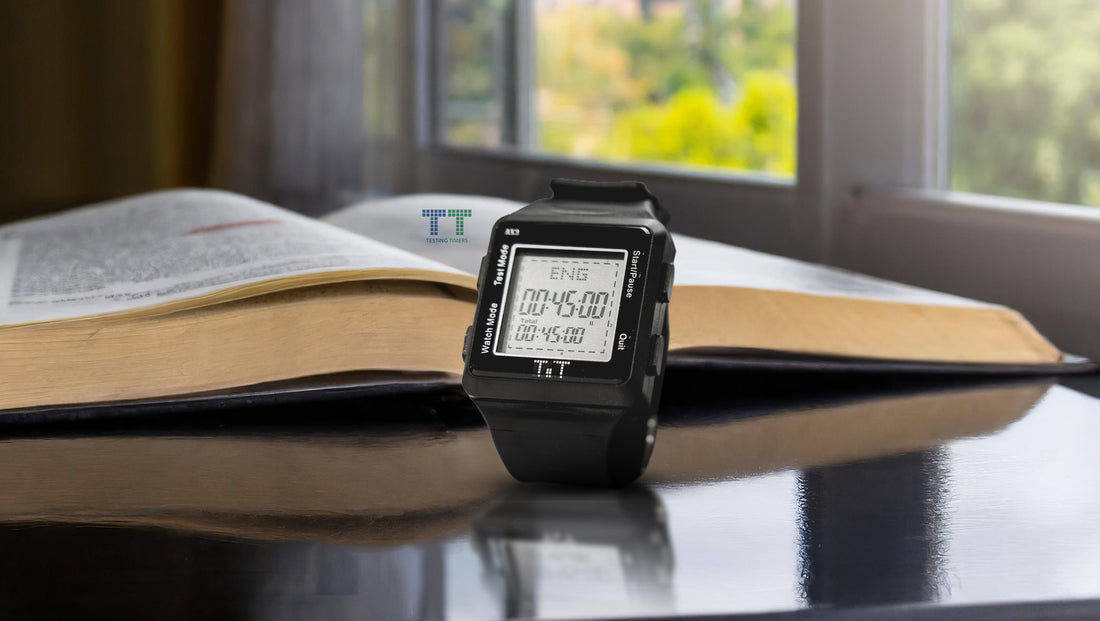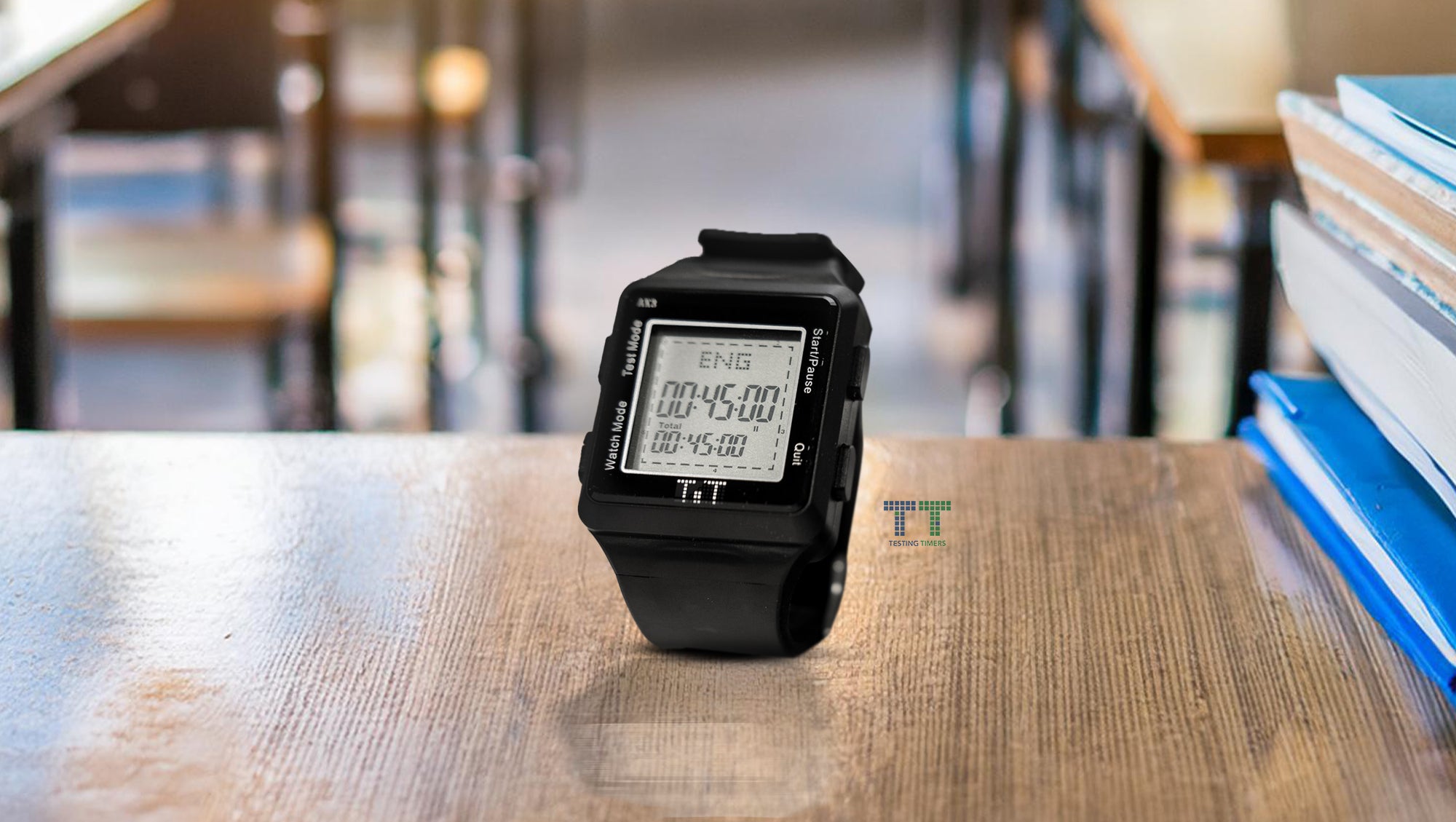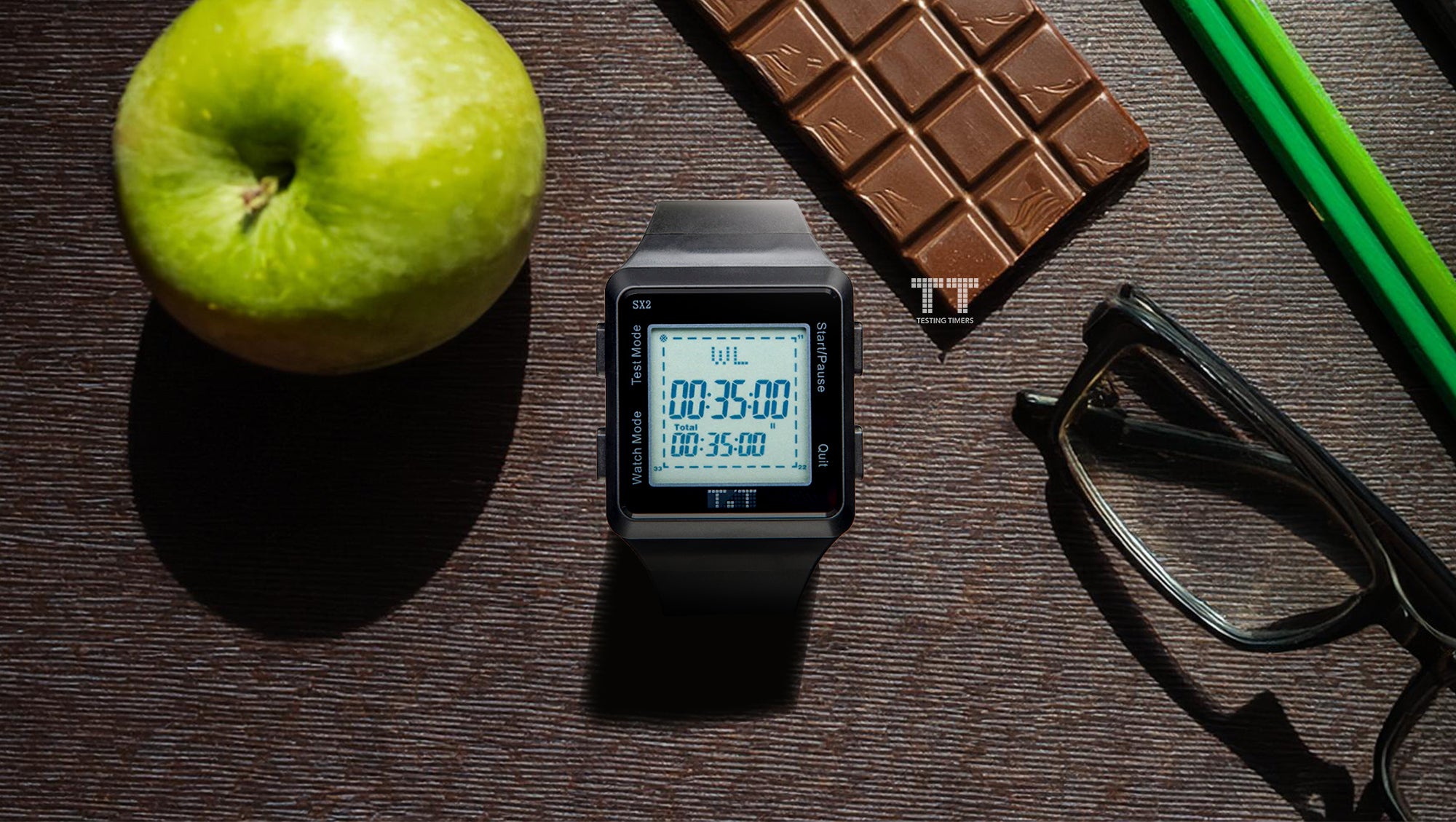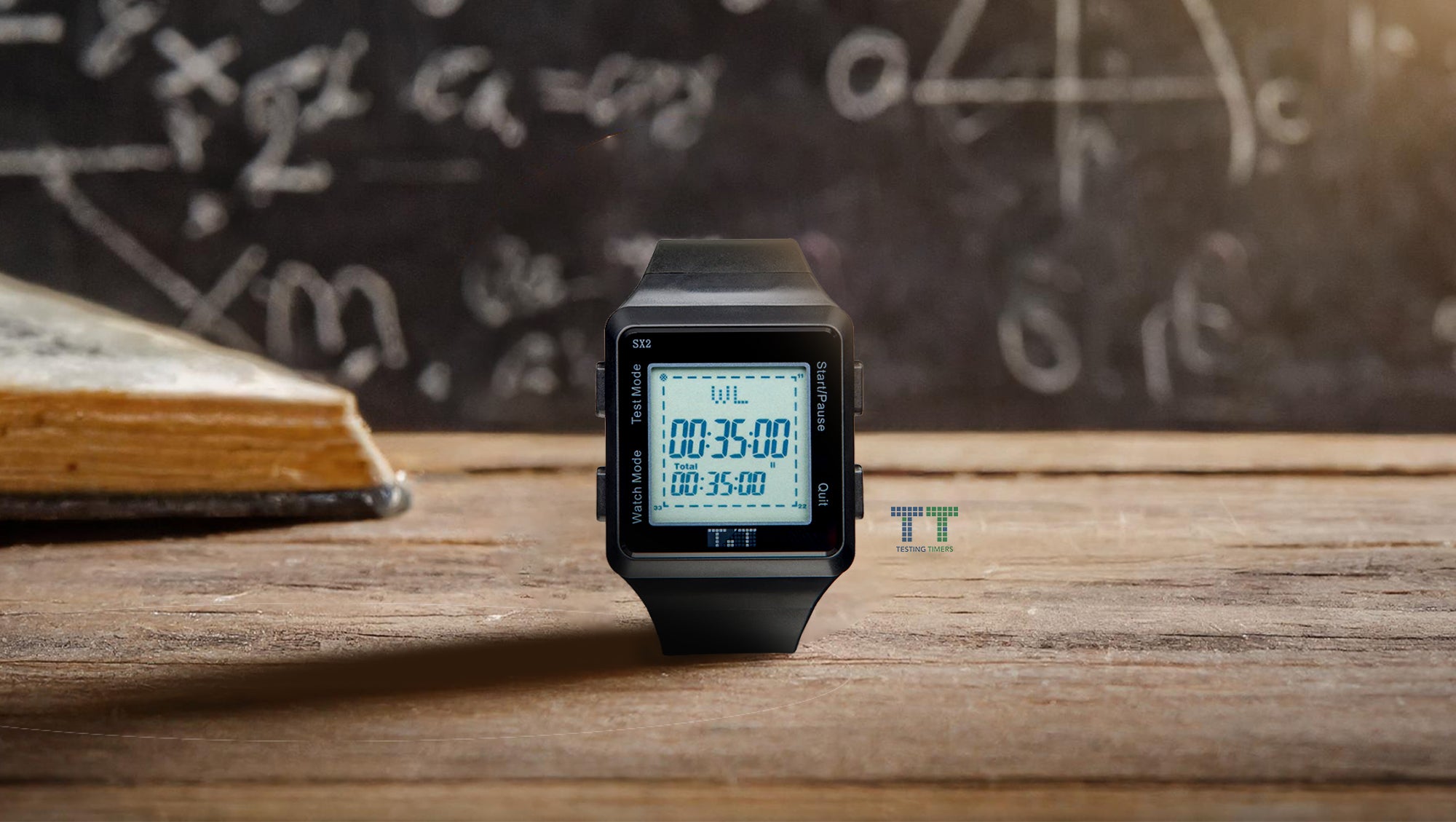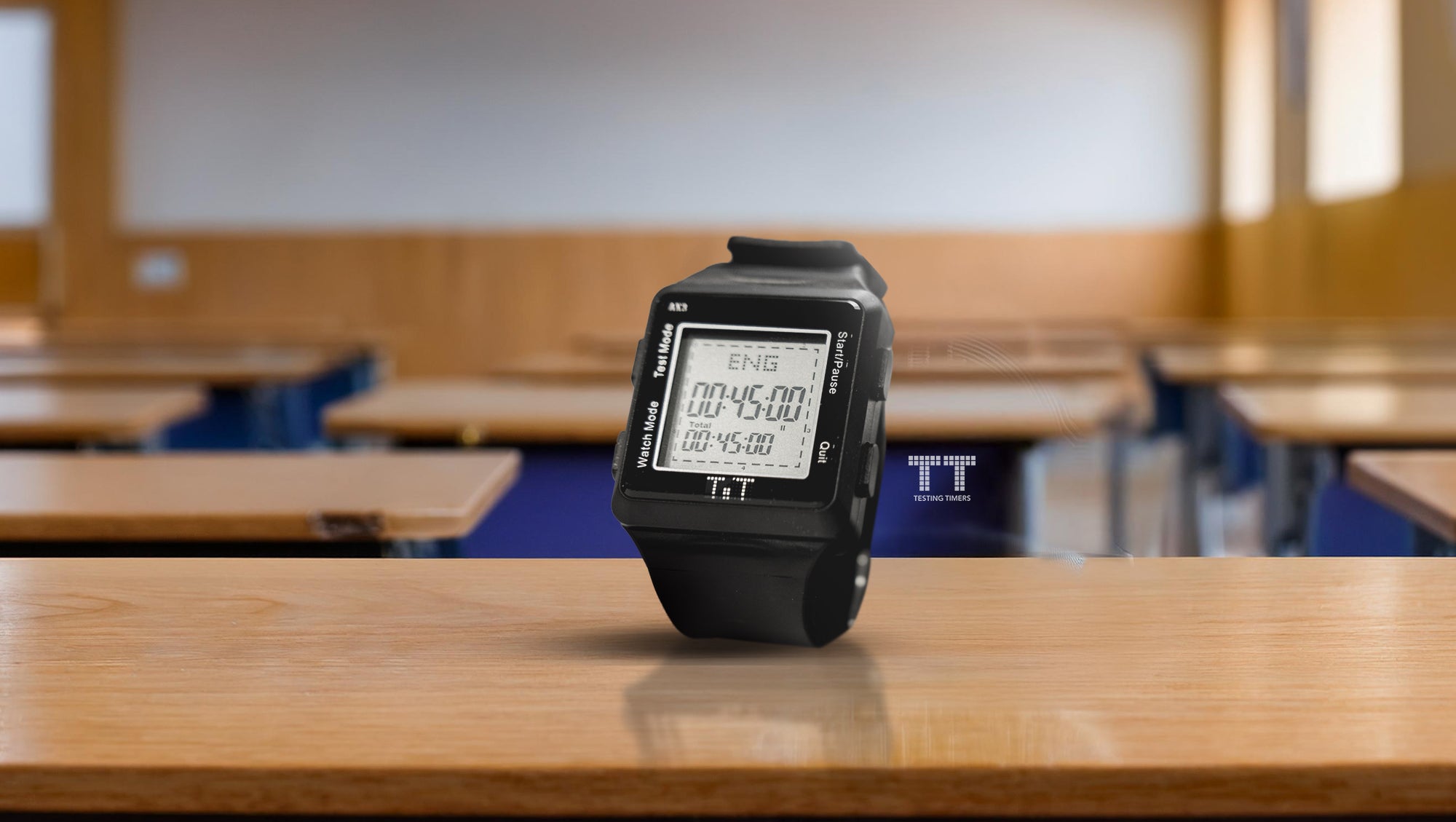Remember things take more effort than it looks, especially when you’re getting ready for some big tests like the ACT. But no matter how many hours you study, your technique is just as important.
Many might find that active learning produces great results. Even so, evidence shows that memorization still helps students retain information and improve academic performance.
So, here are a few effective memorization strategies for students you can start with!
Chunk Information Together
If you ever find yourself grouping information, you’re actually practicing chunking. It’s a memorization strategy where you put together individual details or terms into more memorable groups. This way, you can remember them as blocks of information rather than bits and pieces.
Make It Rhyme
Rhyming is one of the simplest memorization strategies for students. Here, you only need to focus on making information or terms sound catchy.
Doing so makes it easier to associate with things you’re familiar with. It can be a rhyme that helps you remember the term itself or something related to it.
You can also make up rhymes with the help of music you know or like by changing up lyrics or using the same beat or tone.
Recite Things Timed
Sometimes, saying things out loud can help you remember better. One way to see how much you know is by reciting information with a testing timer.
It helps you challenge yourself to recall things with a time limit. At the same time, it allows you to practice staying calm to remember everything.
Write Down What You Know
If you’re not the type of person who can confidently say things out loud, consider writing them down. It works similarly since it boosts your brain activity, allowing for stronger recall.
Moreover, a study shows how writing on physical paper can help students remember information for a longer time compared to when they type it on a computer.
Try the Memory Palace Technique
The method of loci or memory palace technique involves picturing yourself and placing what you need to remember in a room. After, think about going back to pick each of them up in the order you set them down.
It works best when memorizing things in a specific order or improving how you pick up and visually retain new information.
Associate It with Visual Cues
Memorization strategies for students also focus on enhancing how focused you are. With visual cues, you can maintain attention while boosting your learning speed.
Associating information with visual cues is also a great way to keep yourself engaged. So, you are more likely to remember information related to those cues due to added context and interest.
Come Up with a Story
Some find that storytelling effectively tests and helps students memorize information, especially when you share it with someone. It lets you see how well you understand a concept or topic while allowing you to go back on what you already know about it.
Additionally, it makes it easier to link information to information. This way, once you remember one thing, you can seamlessly flow to the next.
Boost Your ACT Score with These Memorization Strategies for Students
Some of the best memorization strategies for students involve more than just reading things repeatedly and hoping they stay at the top of your mind. Instead, it focuses on keeping yourself focused and engaged while going through information.
Through this, you can recall bits and pieces of info based on specific cues or let it flow almost naturally. So, it helps you with your ACT and beyond!

